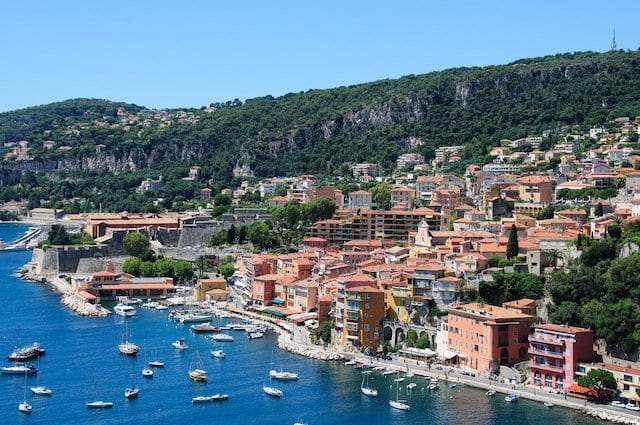The European Commission has called on Member States to gradually reopen internal borders and kickstart the summer tourism season, where the health situation allows.
The EU Commission on Wednesday presented its set of non-binding recommendations aimed at lifting travel restrictions and border controls throughout the EU, allowing countries to “offer people the chance to get some well-needed rest, relaxation and fresh air.”
“As soon as the health situation allows, people should be able to catch up with friends and family, in their own EU country or across borders, with all the safety and precautionary measures needed in place,” the commission said.
Since the Covid-19 pandemic was declared, most EU countries closed their borders and limited people’s movement to only “essential” travel.
Now, the EU is keen to save what it can of the summer season, supporting businesses and “ensuring that Europe continues to be the number one destination for visitors”.
Travel
The Commission’s Tourism and Transport package includes “a common approach to restoring free movement and lifting restrictions at EU internal borders in a gradual and coordinated way.”
It suggests that this “starts by lifting restrictions between areas or Member States with sufficiently similar epidemiological situations.” So, citizens of countries with similar levels of infections should be able to travel more freely.
With regards to air travel, the EU proposes that airlines do not leave seats empty, but recommends that passengers wear masks on planes and in airports.
The commission also said airlines will need to limit risks of infection, which could be achieved using hospital-grade air filtering, personal protective equipment and limiting movements.
“Mandating the use of empty seats to increase physical distancing in aircraft is therefore not recommended,” the European Commission’s document says.
Checking in, dropping off and picking up luggage should be reorganised to avoid crowds, recommended the commission, while the voluntary use of contact tracing apps “should be considered as an additional layer of risk mitigation”.
Airlines have already been advised by the International Air Transport Association (IATA) to check passenger temperatures, collect personal details for any contact tracing and to clean and disinfect terminals and equipment.
Meanwhile, the commission also said on Wednesday it would open legal cases against countries that breach EU law by not ensuring consumers can effectively get cash refunds for travel or holidays cancelled due to the coronavirus pandemic.
“The starting point here is that European consumers have a right to a cash refund, if that is what they want. Full stop,” Margrethe Vestager, a deputy head of the Commission, said.
To facilitate distancing on trains, the commission recommends frequency and capacity of trains be increased to reduce passenger density, while it says off-peak hour travel should be encouraged with incentives, and doors should be opened at each stop either automatically or remotely by the driver to avoid passengers having to touch door handles or buttons.
Hospitality
The commission says that, in principle, a distance of 1.5 to 2 meters should be applied in the communal areas of an establishment, complemented by other measures such as wearing a mask.
For outdoor areas – beaches, pools, cafés, bars and restaurants – the commission recommends special arrangements be made to allow for physical distancing and special hygiene measures applied.
“Millions of SMEs and family-run businesses working in accommodation, restaurants, passenger transport and travel agencies risk bankruptcies and job losses – they urgently need to go back to work,” said Commissioner for the Internal Market, Thierry Breton. “We are helping European tourism get back on track while staying healthy and safe. Today we propose a common European approach to managing what will remain a difficult 2020 summer season, while preparing for a more sustainable and digital tourism ecosystem in the future.”
Ultimately, the choice remains up to each EU country on which of these recommendations they apply.
Photo: Villefranche-sur-mer
‘There will be a European summer’
